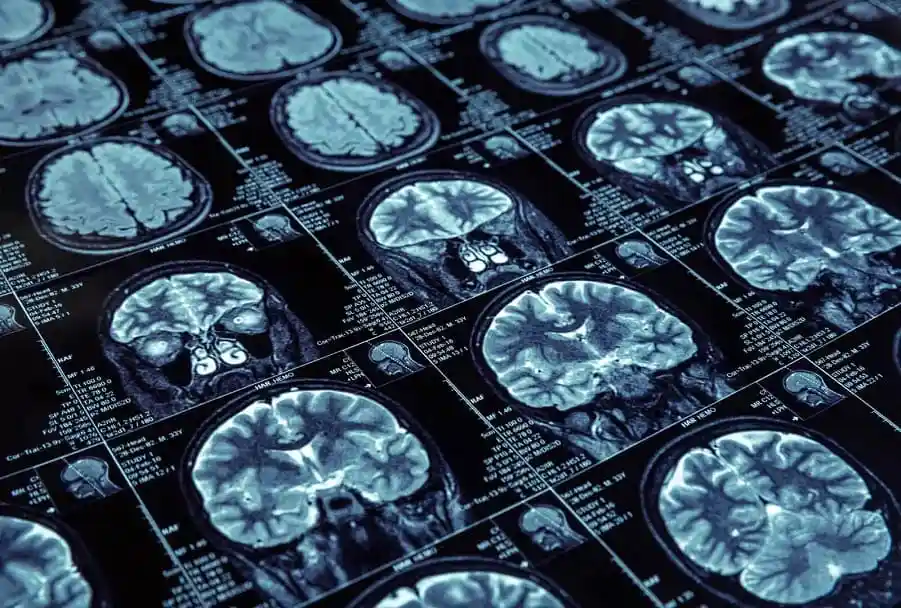Have you ever pondered the intricate dance between alcohol and your brain? It’s a journey through the labyrinth of neural pathways, where each sip leaves a profound mark. While indulging in a drink is a common social activity, it’s essential to unravel the mysteries of how alcohol’s impact on the brain health. Join me on this expedition as we explore the intricate relationship between alcohol consumption and the well-being of our minds.
The Euphoric Symphony:
When you take that initial sip, a wave of relaxation engulfs you, courtesy of alcohol’s interaction with neurotransmitters in your brain. Dopamine, the feel-good chemical, floods your system, inducing a sense of euphoria and carefreeness. However, this blissful state is fleeting, often followed by a precipitous crash. Indeed, the short-lived nature of this euphoria sets the stage for understanding alcohol’s subsequent effects.
Navigating Through the Fog:
As you continue imbibing, alcohol’s effects on your brain become more pronounced. It disrupts the transmission of messages between brain cells, resulting in impaired cognitive function. Your ability to think clearly, retain information, and make rational decisions becomes muddled. It’s akin to navigating through a thick fog, where clarity eludes your thoughts. This disruption occurs due to alcohol’s interference with neurotransmitter communication, further complicating the cognitive haze it induces.
The Quiet Erosion:
Chronic alcohol consumption can lead to lasting consequences on brain structure, manifesting as cerebral atrophy or shrinkage. Areas responsible for memory and learning are particularly susceptible. Picture a vibrant cityscape gradually fading into emptiness—this parallels the gradual erosion of your brain’s vitality under the influence of alcohol. Specific regions of the brain, such as the hippocampus, are notably affected, emphasizing the profound impact of alcohol-induced atrophy.
The Inner Turmoil:
Behind the scenes, a silent battle rages within your brain. Alcohol disrupts the delicate balance of neurotransmitters like GABA and glutamate, crucial for regulating mood and behavior. When thrown off balance, these chemicals can incite chaos, leading to mood swings, anxiety, and even depression. Understanding the roles of GABA and glutamate in mood regulation sheds light on the inner turmoil wrought by alcohol’s neurochemical disruption.
The Perilous Cycle:
What may begin as casual drinking can swiftly spiral into a perilous cycle of addiction. Alcohol hijacks the brain’s reward system, fostering an insatiable craving for more. With each indulgence, the brain’s chemistry undergoes alterations, reinforcing the urge to continue imbibing. It’s akin to being ensnared in a labyrinth with no apparent exit. Acknowledging the neurobiological underpinnings of addiction underscores the urgency of breaking free from this cycle.
The Cost of Solace:
For some, alcohol serves as a temporary escape from life’s harsh realities. Yet, this respite comes at a steep price. Alcohol abuse escalates the risk of mental health disorders, including anxiety and psychosis. It’s akin to exchanging one burden for another, with no foreseeable end in sight. Recognizing the link between alcohol abuse and heightened risk of suicide highlights the gravity of addressing mental health concerns in individuals struggling with alcohol dependency.
The Thief of Rest:
As the night wears on, sleep beckons, but alcohol has different plans. It disrupts your natural sleep cycle, leaving you in a state of restless slumber. The following morning brings grogginess and unrest, akin to attempting to sleep amidst a tempest—futile and draining. Consideration of the broader implications of disrupted sleep on overall brain function underscores the importance of addressing this aspect of alcohol’s impact on health.
The Unseen Peril:
While alcohol’s impact on the brain may seem imperceptible initially, the damage accumulates over time. From cognitive decline to structural alterations, the consequences can be profound and enduring. It’s akin to a silent assailant, steadily eroding your brain’s vitality. Summarizing the long-term neurological consequences of chronic alcohol abuse reinforces the need for vigilance in monitoring and addressing alcohol consumption habits.
In the intricate tapestry of the mind, alcohol leaves an indelible mark. From the initial euphoria to the debilitating repercussions of addiction, its effects on brain health are undeniable. However, awareness serves as the first step toward change. By comprehending the intricate interplay between alcohol and the brain, we can take proactive measures to safeguard our most precious asset—our minds. So, the next time you raise a glass, ponder the silent symphony unfolding within your brain, and choose wisely.

